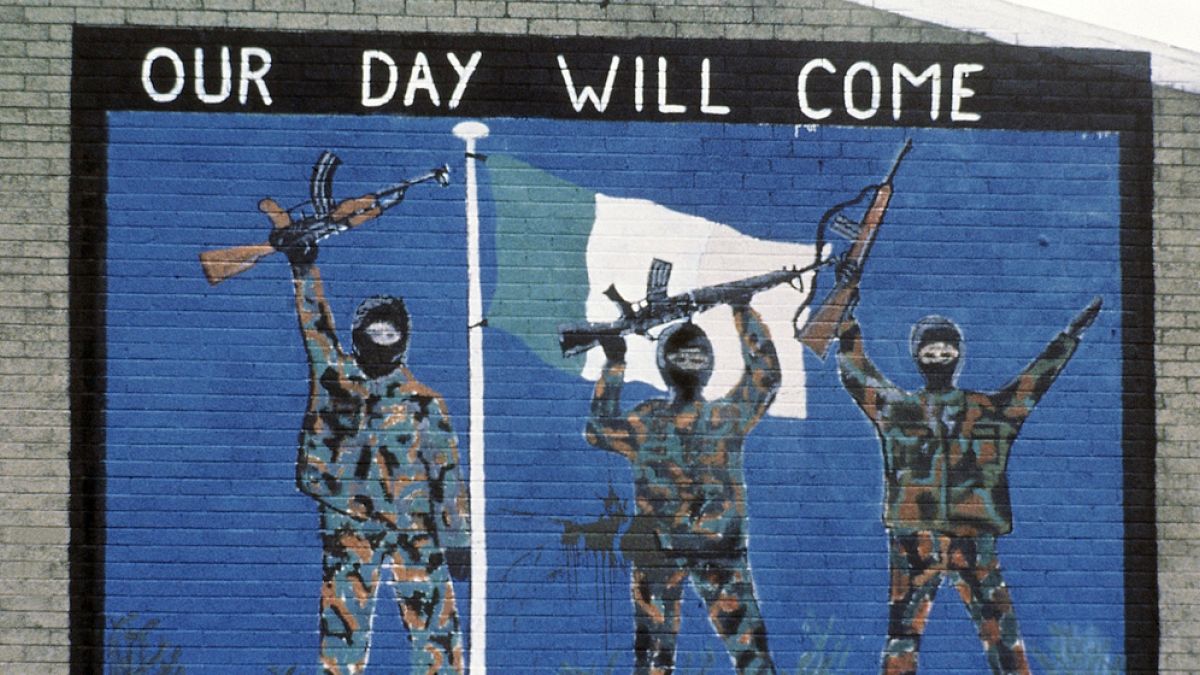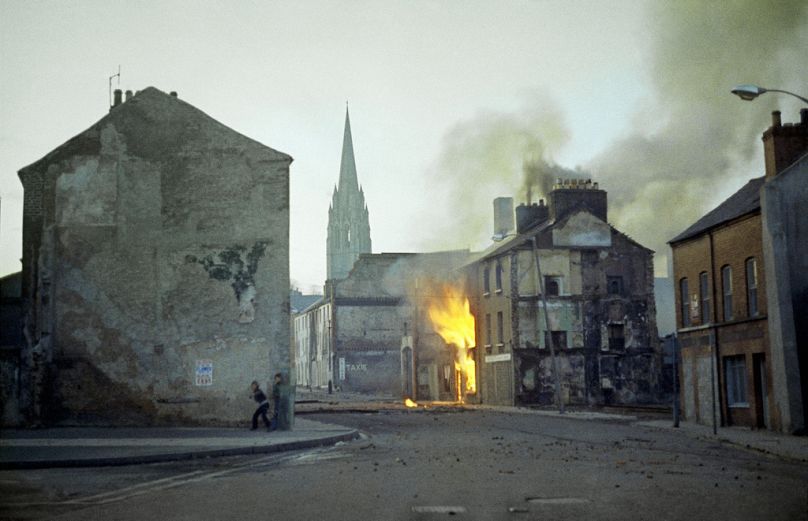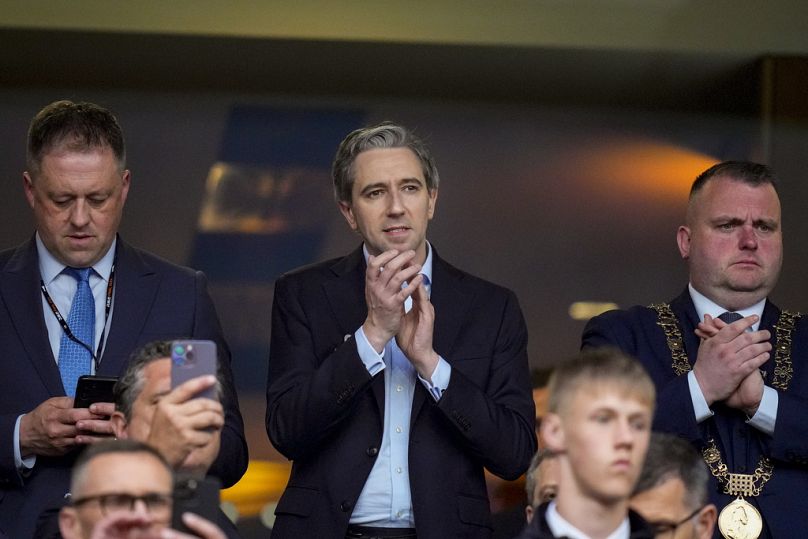Bereaved family members and politicians in Northern Ireland are hopeful that the new UK Labour-led government will repeal and replace widely contested legislation that grants immunity to "cooperating individuals" over the decades-long Troubles.
London's new UK Labour-led government has raised hopes that the controversial Northern Ireland Legacy and Reconciliation Act would be abolished.
The act, which came into law in September last year, is designed to close down all future investigations into unsolved murders carried out by Irish republicans, UK loyalists and members of the British security services during the 1969-1998 Troubles in Northern Ireland.
Over 3,500 people were killed in the conflict, but many bereaved families on both sides of the religious divide have been denied truth and justice for many reasons.
This includes allegations of collusion between loyalists and the British and the failure to properly prosecute members of the Irish Republican Army and the Irish National Liberation Army.
Families of victims are being denied justice
Pat Molloy's son John was killed in North Belfast by members of the protestant Ulster Volunteer Force in 1996. The Catholic father told Euronews that trying to get answers about his son's death from the British government has been impossible.
“Unfortunately, we were told by the HET (Historical Enquiries Team) that John’s murderers were all involved in the Mount Vernon UVF gang who, at the end of the day, we found out, were giving information to the police on their own kind in other words collusion came into it," he said.
“These guys were immune (from prosecution) because they were giving information about criminality to the police and special branch,” Molloy continued.
At the Wave Trauma Centre in North Belfast, Molloy added that the passing of the Legacy Act last autumn was like being hit by the British State a second time.
“That was a big kick up the backside for us here at Wave. We didn’t expect they would bring this sort of stuff in," he said.
“I’ve always believed in justice. My parents told me that if you ever get yourself into trouble, go to the police... I’ve never got any answers from the police. The legacy thing was brought in, as far as I am concerned, to do away prosecutions of those responsible in the British Army.”
'We will hold them to their word'
If there has been one thing that has united rival and opposing political parties in fiercely divided Northern Ireland in recent years, it has been the Legacy Act.
Many feel it was created to draw a line under investigations that are proving hard to conclude due to difficulties in accumulating evidence and the fact that so many people who were central to controversial murders are now dead.
According to Matthew O’Toole of the Social Democratic Labour Party and Member of the Legislative Assembly at Stormont, his colleagues will do all they can to ensure that the British stick to their word by abolishing the legislation.
“We will be holding them to their word. It is completely critical that they repeal, replace and frankly, do away with this abhorrent Legacy Act," he said.
“It was one of the worst things the previous Tory government did. It was designed to protect British soldiers from accountability, even soldiers who had murdered people on the streets here."
"It also had the effect of giving immunity to paramilitaries, republican and loyalist who had taken lives and are completely despised by political parties here, we will be holding the new British government to account for getting rid of it," O’Toole concluded.
Two governments familiar with each other
Next Wednesday, the Irish Taoiseach Simon Harris will meet Starmer in his new role as the UK prime minister. It’s expected the leaders will also discuss the Legacy Act.
Minister of State in the Irish government, Thomas Byrne TD, told Euronews that there’s a sense of relief in Dublin and that Starmer's Labour government is promising to uphold what it promised in opposition.
“We’re very glad that the Labour Party have renewed their commitment to repeal and replace the Legacy Act," he said, adding that many politicians in Ireland have met or are familiar with most of the new British cabinet.
“The Taoiseach has already had conversations with the prime minister. The Tánaiste (deputy leader) has had conversations with the (British) Foreign Secretary and Northern Ireland Secretary (Hilary Benn)."
“There’s excellent relations built up and I think that can really be the foundation for the two governments working really close together in the interests of peace and prosperity in the North of Ireland,” Byrne said.
Prior to the UK general election, the Irish government had commenced an inter-state legal action against the British over the introduction of the controversial legislation.
With no definite date on its proposed abolition, the ball is now firmly in Westminster's court to decide when exactly the act disappears from the statute books. Only then will the Irish government formally withdraw its proposed legal action against the British.














